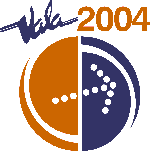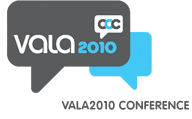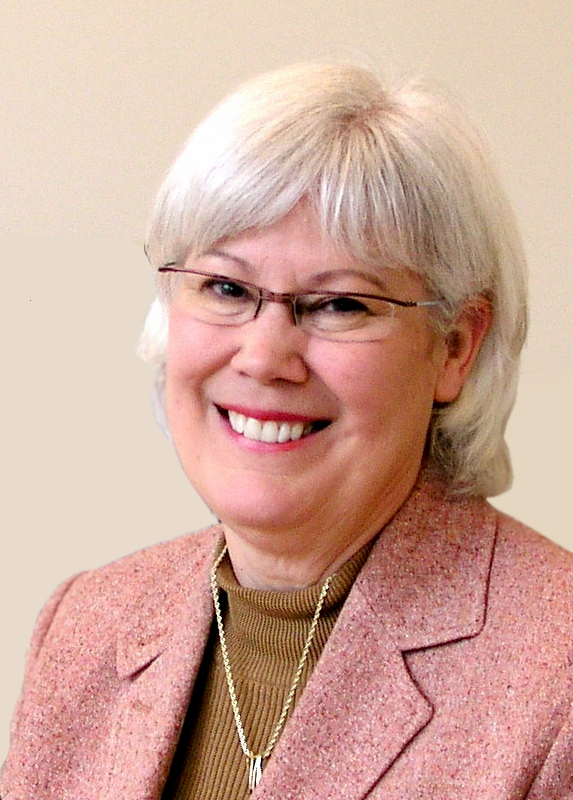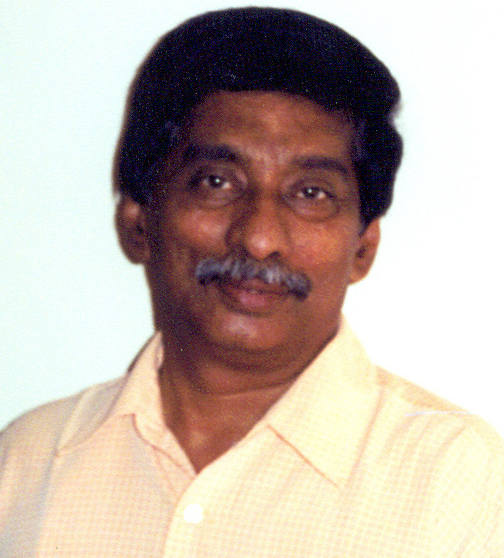Persistent URL: http://www.vala.org.au/vala2004-proceedings/vala2004-session-5-murray
The Internet Myth – Emerging Trends in Reference EnquiriesVALA 2004 CONCURRENT SESSION 5: Virtual Reference Dr. Janet MurrayDirector, Murray Consulting and Training Pty. Ltd Cindy TschernitzDirector, Tell Me Now |  |
Please tag your comments, tweets, and blob posts about this session: #VALA2004
Abstract
This paper examines the impact of greater access to electronic information, both free and fee-based, on reference enquiries. The research methodology included an extensive literature review and interviews with reference services librarians in both Australia and overseas. The assumption that greater Internet access and use equals a decline in public and state library reference enquiries is not proven. The paper concludes with a summary of trends, predictions and scenarios of usage of state and public library reference services in an increasingly electronic age, paying special attention and emphasis to the Australian environment.

 The Networked Book
The Networked Book Please tag your comments, tweets, and blog posts about this session:
Please tag your comments, tweets, and blog posts about this session:  Please tag your comments, tweets, and blog posts about this session:
Please tag your comments, tweets, and blog posts about this session:  Please tag your comments, tweets, and blog posts about this plenary presentation:
Please tag your comments, tweets, and blog posts about this plenary presentation:  Please tag your comments, tweets, and blog posts about this plenary presentation:
Please tag your comments, tweets, and blog posts about this plenary presentation: 
